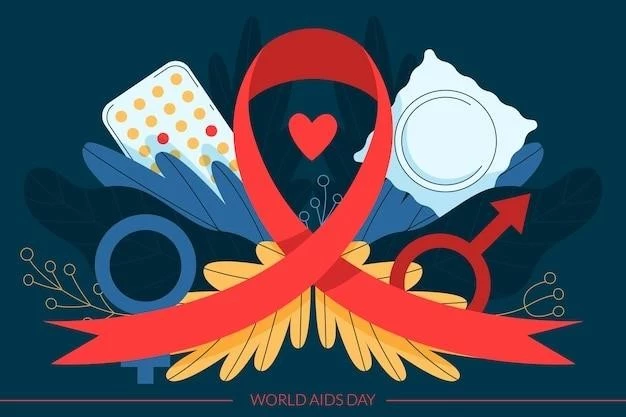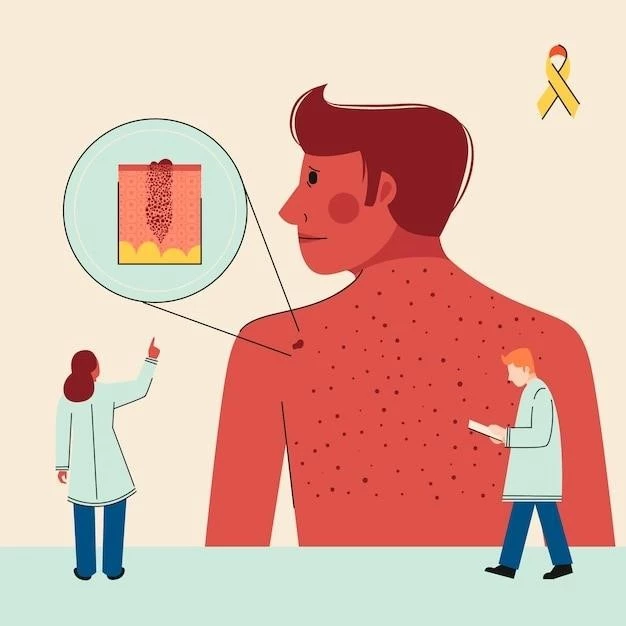Disease ‒ Lymphoma, AIDS-related
Understanding the link between lymphoma and AIDS is crucial. Lymphoma is a cancer that affects the lymphocytes, a key part of the immune system. In individuals with HIV, the virus weakens the immune system, leading to an increased risk of lymphoma. This article will explore symptoms, diagnosis, treatment options, survival rates, complications, and the importance of early detection in AIDS-related lymphoma cases.
Introduction
Welcome to our comprehensive guide on AIDS-related lymphoma. This article aims to provide valuable insights into the connection between AIDS and lymphoma. By understanding how HIV weakens the immune system and increases the risk of lymphoma, individuals can be more informed about the symptoms, diagnosis, treatment options, and the importance of early detection. Stay informed and empowered in the face of these challenging health conditions.
Understanding Lymphocytes and Lymph Nodes
Lymphocytes are a type of white blood cell that plays a crucial role in the immune system, defending the body against infections and diseases. Lymph nodes are small, bean-shaped structures that produce and store lymphocytes. In AIDS-related lymphoma, the cancer affects these essential components, impacting the body’s ability to fight off infections and increasing the risk of complications. Understanding the significance of lymphocytes and lymph nodes is key to grasping the complexities of this disease.
Symptoms and Diagnosis
Recognizing the symptoms of AIDS-related lymphoma is crucial for timely diagnosis and treatment. Common symptoms include unexplained weight loss, persistent fever, night sweats, fatigue, and swollen lymph nodes. If you experience any of these symptoms, consult a healthcare provider immediately. Diagnosis often involves physical exams, blood tests, imaging studies, and lymph node biopsies. Early detection plays a key role in improving prognosis and outcomes, so be proactive about monitoring your health and seeking medical advice for any concerning symptoms.
Treatment Options
When it comes to treating AIDS-related lymphoma, a multidisciplinary approach is often necessary; Treatment options may include chemotherapy, radiation therapy, immunotherapy, and stem cell transplants. Your healthcare team will customize a treatment plan based on the type and stage of lymphoma, as well as your overall health status. It is crucial to adhere to the treatment regimen prescribed by your healthcare provider and to communicate openly about any side effects or concerns you may have. Remember, early intervention and compliance with treatment protocols can significantly improve your chances of successful outcomes.
Complications and Survival Rates
While managing AIDS-related lymphoma, it is important to be aware of potential complications that may arise during treatment, such as infections, side effects from therapy, and immune system suppression. Survival rates for individuals with AIDS-related lymphoma can vary depending on the stage of cancer at diagnosis and the effectiveness of treatment. It is essential to maintain open communication with your healthcare team, follow recommended care guidelines, and prioritize self-care to help improve your overall well-being and enhance your chances of survival.
Importance of Early Detection
Early detection of AIDS-related lymphoma can significantly impact treatment outcomes and overall prognosis. Regular health screenings, self-examinations, and awareness of potential symptoms are crucial in identifying the disease in its early stages. Timely diagnosis allows for prompt initiation of treatment, reducing the risk of complications and improving the chances of successful recovery. Stay proactive about your health, communicate any concerns with your healthcare provider, and prioritize preventive measures to enhance the importance of early detection in managing AIDS-related lymphoma.
Immunodeficiency and Cancer Risk
Individuals with immunodeficiency, such as those with HIV/AIDS, are at an increased risk of developing cancers like lymphoma. The weakened immune system fails to combat abnormal cell growth effectively, leading to a higher likelihood of cancer development. It is vital for individuals with HIV/AIDS to prioritize regular health check-ups, immune system support, and lifestyle modifications to reduce cancer risk. Understanding the interplay between immunodeficiency and cancer risk is essential in advocating for proactive health management and preventive measures.

Role of Antiretroviral Therapy
Antiretroviral therapy (ART) plays a critical role in managing AIDS-related lymphoma by controlling HIV viral replication, preserving immune function, and reducing the risk of opportunistic infections. Consistent adherence to ART can help stabilize the immune system, potentially lowering the chances of developing lymphoma and improving overall health outcomes. It is essential for individuals living with HIV/AIDS to work closely with healthcare providers to ensure proper ART management, monitoring for side effects, and maintaining a healthy lifestyle. Remember, ART not only supports HIV management but also contributes to reducing the burden of associated conditions like AIDS-related lymphoma.
